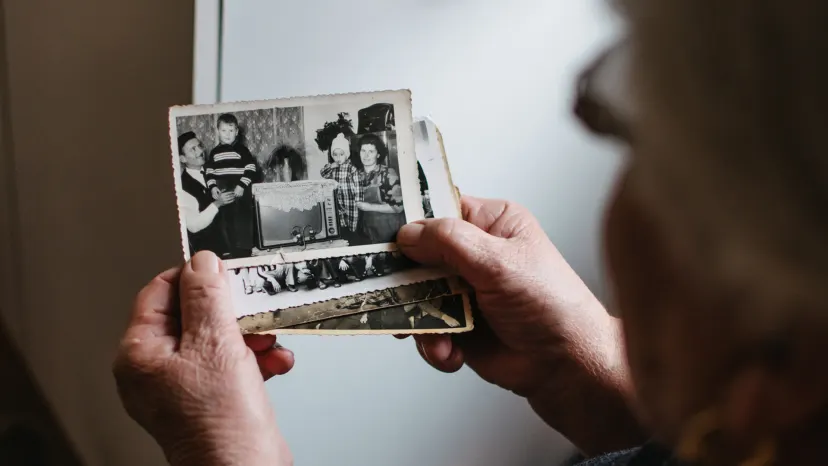Aging and memory issues
Introduction
You're standing in front of the open refrigerator but forgot what you came for. You're ready to leave the house but can't find your purse again.
Is your forgetfulness just memory loss that comes naturally with age? Or should you worry about your memory loss?
The good news: There are ways to improve memory and give your brain a boost, and you’ll find out how.
Do brain supplements really work? What about reading books, writing poetry, eating right, getting a good night's sleep, or socializing more?
We’ve gathered the facts about memory loss and put it all in one place. Now, you can easily find the latest expert advice and research on how to improve your memory and reduce your risk of declining memory as you age.
It's always a good idea to speak with your healthcare provider (HCP) about your memory loss and the possible causes. They can help rule out any worrisome conditions and tell you how to live your life to the fullest.
Memory improvement tips

Ever walk into a grocery store and forget what you were there for? What if there was a way to train your brain to remember you came for milk, bread, eggs, and coffee? Read on to find out how mnemonic techniques and other simple memory improvement tips can make your brain stronger.
Disease and memory
Musicians sing about the connection between the head and the heart every day. But are heart disease and dementia somehow connected? What role does diet and high cholesterol play in brain health? See why a healthy heart may contribute to a healthy brain.
Exercise and memory
We know that exercise can lead to a trim and fit body, but what about a healthy mind? Can adopting a regular walking routine increase your brain size? Find out how lacing up your sneakers may keep you healthy in more ways than one.
Sleep and memory

Could those restless nights be wreaking havoc on your brain? Will taking a catnap in the afternoon help or hurt your chances of improving your memory skills? Read on to find out how snoozing may affect memory.
Nutrition and memory
You see rows of vitamins that claim to boost brain health, but are they really worth it? What role, if any, does the food you eat play in keeping your brain at its best? Get the facts about boosting your longevity and brain power through nutrition.





